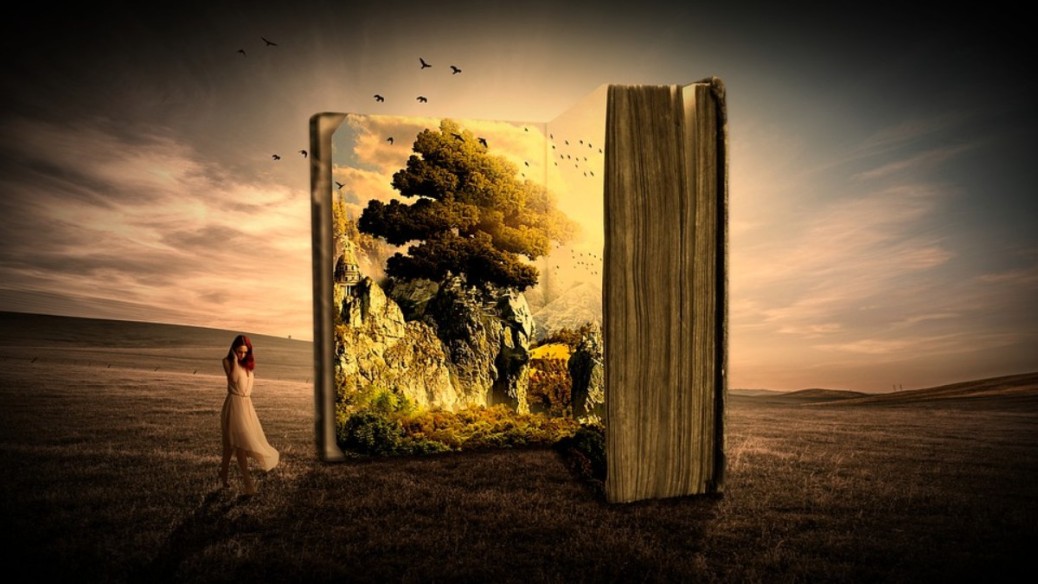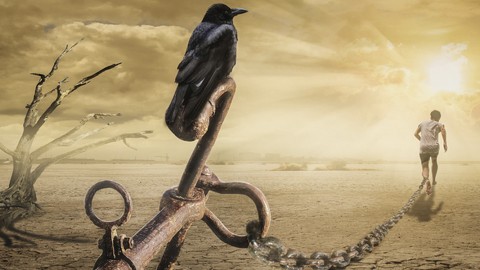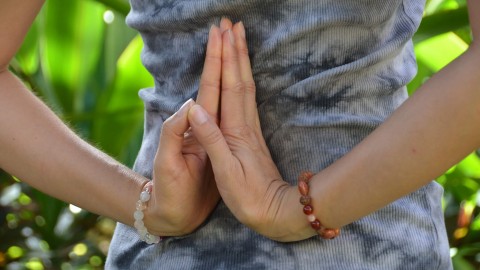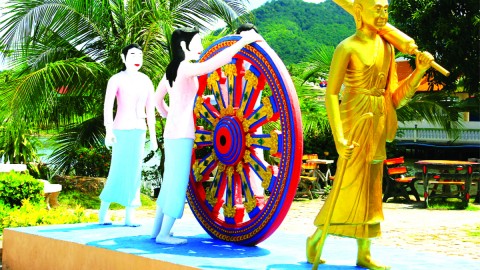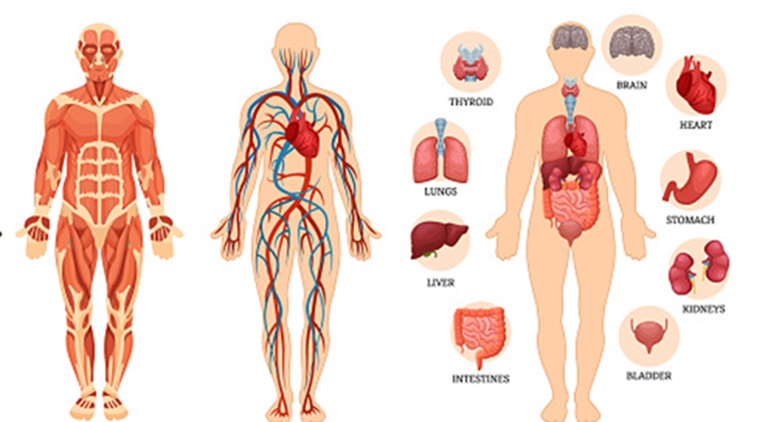Remember the words of the musician who was asked which was greater, knowledge or wisdom.
“Without knowledge,” he answered, “I could not play the violin. Without wisdom, I could not play the music.”
Grow In Consciousness
This small story says that if you want to grow in consciousness we need both Knowledge And Wisdom.
So first we will understand what is the difference between Knowledge And Wisdom.
Wisdom is intrinsically true because it is an existential experience. It is not something known from others, it is not something gathered from the scriptures; it is something that grows in your heart. It is a growth, not an accumulation. It is experience, not information.
Knowledge makes you learn, wisdom makes you innocent. Knowledge is very ego-fulfilling, very ego-strengthening. The ego feeds on knowledge; it is the best tonic for the ego. But wisdom happens only when ego has disappeared; wisdom appears only on the death of the ego. The death of the ego is the birth of wisdom.
Mind is interested in knowledge not in wisdom, because for wisdom you will have to create a space called no-mind. And, naturally, mind is afraid of your ever becoming interested in wisdom, because mind does not want to commit suicide.
Sannyas is a suicide of the mind, so is meditation, so is wisdom. These are different names for the same phenomenon, different aspects of the same diamond.
Knowledge depends on words. You can easily become knowledgeable by sitting in a library, but you cannot become wise that way. To become wise you will have to be in communion with a wise man. For knowledge all that is required of you is that you should be a student, that you should be full of questions, inquiries; you should be able to learn from scriptures, books, teachers, universities, libraries. Your memory becomes more and more rich, your biocomputer becomes full of information, but wisdom is not arrived at that way.
Wisdom is more or less a love affair with a master. One has to be a disciple, not only a student. The student keeps a distance from the master. For him the master is only a teacher; he is interested in the master because of his teaching. Really he is interested in the teaching, not in the being of the master. The disciple is not interested in teaching because he has come to understand one thing: that knowledge can be taught but wisdom can only be caught.
Wisdom is contagious. You have to be available to a master, to his being. He has become a fire, the candle of your heart is still unlit. If you become available to the fire of the master you can also become a lit candle, you can also become a flame.
To be aflame with silence, with joy, is wisdom. It is not through logic but through love. It is not through words but through a wordless state called meditation, or a state of no-mind, satori, samadhi.
What the musician says is that playing the violin is knowledge and without wisdom music is not possible. Action needs wisdom. Wisdom is possible only when you grow in consciousness, in silence.
Learning from the story Knowledge And Wisdom: Grow In Consciousness
Experience Learning
Buddhism’s map of the mind is sometimes treated as a topic of merely intellectual interest. In fact, says Thich Nhat Hanh, identifying the different elements of consciousness, and understanding how they interact, is essential to our practice of meditation.
The Vietnamese Zen Master Thuong Chieu said, “When we understand how our mind works, our practice becomes easy.” To understand our minds, we need to understand our consciousness.
The Buddha taught that consciousness is always continuing, like a stream of water. Consciousness has four layers. The four layers of consciousness are mind consciousness, sense consciousness, store consciousness, and manas.
Mind consciousness is the first kind of consciousness. It uses up most of our energy. Mind consciousness is our “working” consciousness that makes judgments and plans; it is the part of our consciousness that worries and analyzes. When we speak of mind consciousness, we’re also speaking of body consciousness, because mind consciousness isn’t possible without the brain. Body and mind are simply two aspects of the same thing. Body without consciousness is not a real, live body. And consciousness can’t manifest itself without a body.
It’s possible for us to train ourselves to remove the false distinction between brain and consciousness. We shouldn’t say that consciousness is born from the brain, because the opposite is true: the brain is born from consciousness. The brain is only 2 percent of the body’s weight, but it consumes 20 percent of the body’s energy. So using mind consciousness is very expensive. Thinking, worrying, and planning take a lot of energy.
Mindfulness keeps us in the present moment and allows our mind consciousness to relax and let go of the energy of worrying about the past or predicting the future.
We can economize the energy by training our mind consciousness in the habit of mindfulness. Mindfulness keeps us in the present moment and allows our mind consciousness to relax and let go of the energy of worrying about the past or predicting the future.
The second level of consciousness is sense consciousness, the consciousness that comes from our five senses: sight, hearing, taste, touch, and smell. We sometimes call these senses “gates,” or “doors,” because all objects of perception enter consciousness through our sensory contact with them. Sense consciousness always involves three elements: first, the sense organ (eyes, ears, nose, tongue, or body); second, the sense object itself (the object we’re smelling or the sound we’re hearing); and finally, our experience of what we are seeing, hearing, smelling, tasting, or touching.
The third layer of consciousness, store consciousness, is the deepest. There are many names for this kind of consciousness. Mahayana tradition calls this store consciousness, or alaya, in Sanskrit. The Theravada tradition uses the Pali word bhavanga to describe this consciousness. Bhavanga means constantly flowing, like a river. Store consciousness is also sometimes called root consciousness (mulavijñana in Sanskrit) or sarvabijaka, which means “the totality of the seeds.” In Vietnamese, we call store consciousness tang. Tang means to keep and preserve.
Tags: Adana Consciousness Grow In Consciousness Individual Consciousness Mental Formations Processing And Transforming Samskara
